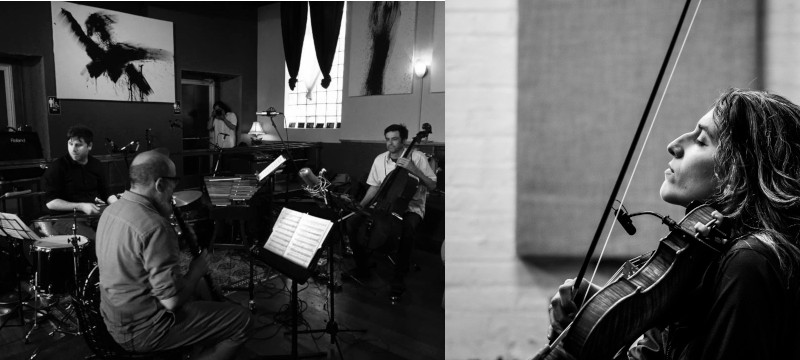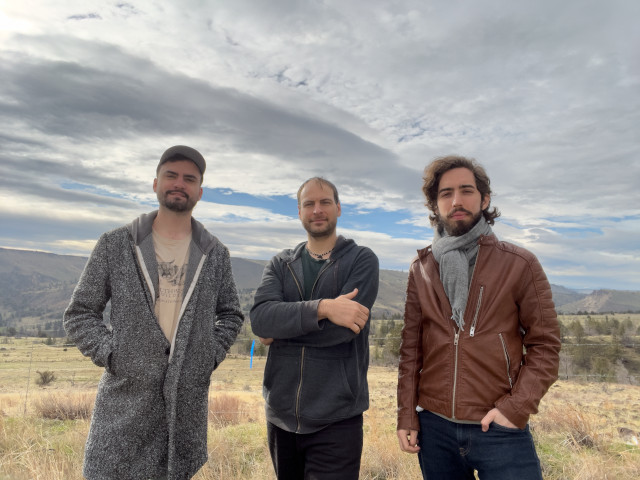
There are many reasons to pursue the life of a professional musician, but doing a van tour of the Great Lakes in January is not one of them. Yet Chicago percussionist Tim Daisy could barely conceal his delight at piling in the van and driving across I-90 for a concert with his longtime pal Ken Vandermark at Convivium 33 (I previewed it here).
“t was the first time I started driving around the country since the—quote/unquote–end of the pandemic,” Daisy said by phone from Virginia where he was vacationing. “We show up, there’s a nice audience, the music goes well, there’s a beautiful vibe, and I kind of had the sense of like, “Ha! We’re back to touring. We’re back.”
The experience was so positive that on Friday, Daisy will be back at Convivium 33 for another concert presented by the Cleveland Uncommon Sound Project, this time with his exploratory chamber ensemble Vox 4.
Comments closed
